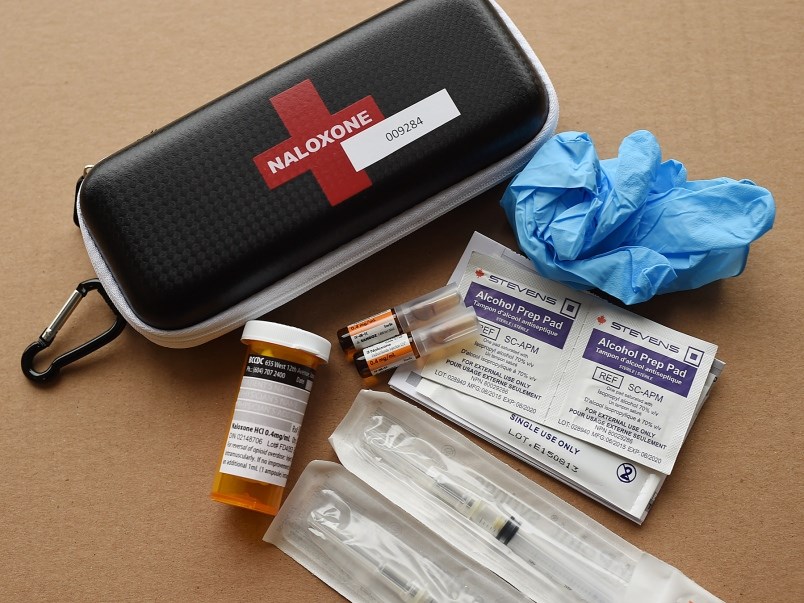Local physician Dr. Joerg Jaschinski, said that our area saw higher than usual overdose rates following a June 22 “bad dope” alert.
Jaschinski, the spokesperson for the Coast-based physicians task force working to prevent deaths from opioids, stated he was not aware of any local deaths related to the supply described in the warning. The warning read that in the 12 hours preceding its issuance, three overdose incidents had been reported on the Coast.
Coast Reporter was unable to determine the source that issued the alert. A photo of the printed version of alert was posted to Facebook on June 24 and cited a Vancouver Coast Health (VCH) website as an information resource. VCH public affairs specialist Jeremy Deutsch stated in an email that VCH did not issue the warning.
The message described the substance as "looking identical to crack cocaine (white rocks) tested positive for benzos (benzodiazepines) and fentanyl.” Jaschinski told Coast Reporter, “We know from drug screenings that is a very common and a very dangerous combination. Dealers do this for effect.”
Jaschinski described that the mixing of these drugs is prevalent, as users can easily become dependent on benzos. They cause withdrawal symptoms like those from alcohol abuse which makes users want to use again. The product described in the warning could be smoked or injected, Jaschinski said.
Local alternatives are available
Jaschinski stated that users are able to obtain safe and medically supervised drug supplies via Sechelt Hospital. Individuals need to see a physician to obtain a prescription to access that supply. Physicians are available Monday through Friday at the hospital. On weekends, an emergency room physician can also provide this service.
He said the task force is looking to offer “treatment in a caring and supportive way, trying as hard as possible to offer treatment to people… Every death is heartbreaking, we need to do more and more to help people suffering with this medical issue.”
The warning encourages users to check their drugs for contents at the overdose prevention site at the Sechelt shelter facility. It also recommended against using alone or without having naloxone available. Users were also encouraged to download the LIFEGUARD app, which connects people to emergency responders automatically if they are unresponsive. The app is available for free on your smartphone or tablet through both the Apple App Store and Google Play Store.
Deutsch also stated in his email that "The RADAR text alert system was developed to help warn people about contaminated street drugs. Subscribers can anonymously share details about contaminated street drugs and overdoses via an online form or by text, and also receive drug contamination alerts by text. There are 2,152 participants subscribed to the service with the VCH region."



